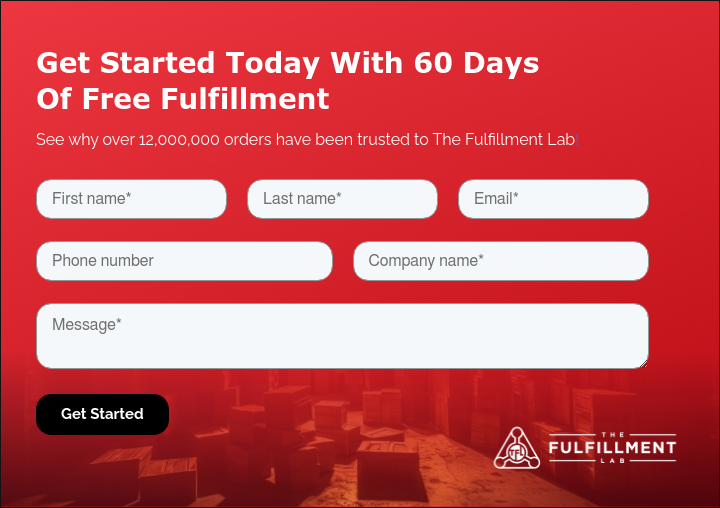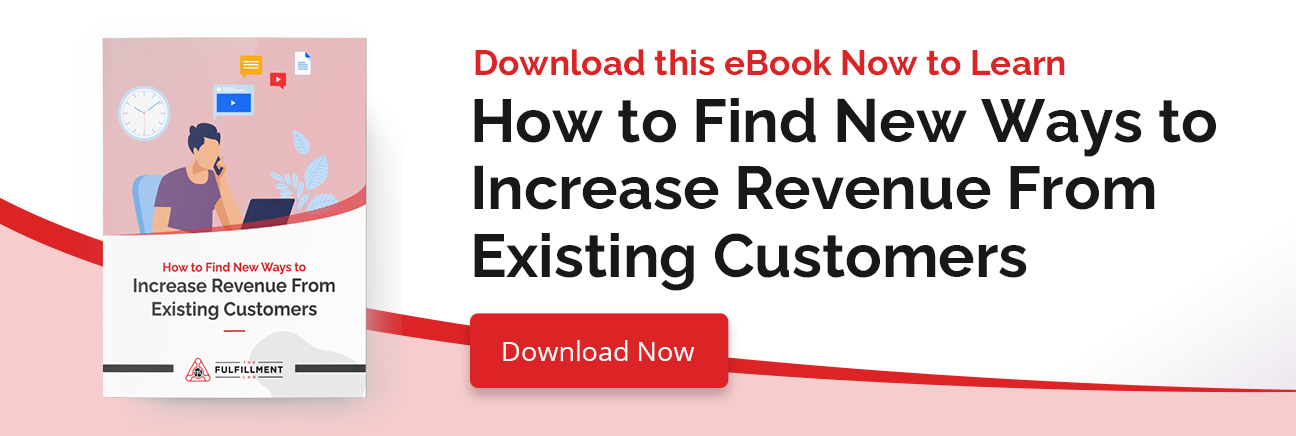Helping Small Businesses Succeed Can Grows Your Business
As a small business owner, you’re always hoping that the public will continue to support “the little guys” even when larger competitors may be offering faster, cheaper products. Of course, this can be a give-and-take, meaning your company should try to support other small businesses too – especially in this COVID era.
Small Businesses Impacted By COVID the Most
We don’t need to tell you that many small businesses took a big hit during COVID-19. At the onset of the pandemic, more than 140,000 small businesses were marked temporarily closed on Yelp. While that number has dropped to just over 65,000, it doesn’t mean that nearly half have reopened; rather, many have simply had to close their doors permanently. According to Yelp’s Local Economic Impact Report, nearly 100,000 businesses have gone under due to the pandemic.
A recent CNBC report states that small and medium-sized businesses are continuing to see the impact of the pandemic despite a relative bounce back for larger corporations. “It continues to be a very painful time for small businesses,” said John Stanford, co-executive director of the Small Business Roundtable. “Small businesses are really our front-line defense for the business community... They feel impacts first, and those impacts stay the longest.”
The Benefits of Supporting Small Businesses
Small businesses are the lifeblood of the U.S. economy. Because it can be more difficult for small businesses to stay relevant, they’re also always looking for ways to innovate and provide new benefits for customers, which drives healthy competition with larger competitors. They also tend to value consumers more than industry Goliaths, providing friendlier, more personalized customer service. In addition, small businesses help to stimulate local economies. According to the Small Business Administration, they create two-thirds of net new jobs.
Take a look at some other great benefits of supporting small businesses:
- Almost $70 for every $100 spent with a small business stays within your local economy.
- 52% of small business owners donate to charity; of those that donate, 90% donate to local causes.
- From 2000 to 2017, 8.4 million net new jobs were created by small businesses.
- 56% of small business employees have high commitment scores, while only 38.7% of workers at large corporations had similar scores.
- Almost all employees of small businesses (91%) feel that employee happiness is important to company leadership. Additionally, 86% felt like their opinions were respected and listened to by company leadership.

8 Ways Small Ecommerce Businesses Can Help One Another
One way small businesses can help ensure they stay in business is for them to support one another. But how do you do that? Here are eight ways to show small business support.
1. Start Small When Purchasing Products and Services
It’s easy to go straight to a large supplier or service provider – which is why many consumers do the same thing. However, if you’re able to, try to start small when outsourcing to slow the takeover of large companies. While it may cost you a bit more, you’re likely to get more personalized attention. Better still, the small supplier or service provider may also recommend your business to others. Again, it’s all about the give-and-take!
2. Hire Small Businesses As Your Vendors
Do you need an in-house team to handle everything? Perhaps you can hire another small business for design work or consulting. This cuts down on your overhead costs while creating an opportunity for another business to thrive.
3. Collaborate With Each Other On Local Initiatives
Oftentimes, small businesses can join forces to rise to the level of larger competitors. While big companies can afford to donate hundreds of thousands to national charities, by collaborating on local initiatives small businesses can give back locally.
For example, by supporting a local charity or event, small businesses can split costs and time commitment but get both of their names in front of the public and begin building a greater presence. It also builds goodwill within the community which can help drive sales.
4. Create And Join Entrepreneur Groups
Most communities have entrepreneur groups where individuals and small businesses come together monthly or a few times a year to collaborate, share ideas, exchange experiences, and inspire one another. Small businesses helping each other is a beautiful thing!
If your community doesn’t have such a group, consider getting one started! You can also join a virtual small business or entrepreneurial community. Business News Daily published this list of great entrepreneur groups to join on Facebook.
5. Boost Small Businesses On Social Media
You don’t need to use social media to simply promote your business. Use it to bring attention to other small businesses you work with or support by highlighting how great their products, services, or people are (just don’t get too pushy, or it may seem like a disingenuous paid endorsement). Be sure to tag the other business when you give them kudos, and in return, they’ll likely have kind words to say about your business as well. This gives both of your businesses exposure to a wider audience.
6. Refer New Customers To Small Businesses You Know And Trust
Small businesses may be limited in their budgets, team size, and operational scale, but they don’t need to be limited in connections and networks! Be sure to refer your customers to other small businesses you know and trust, whether it’s simply in conversation or through email, phone calls, or affiliate marketing. Learn more about affiliate marketing in our beginners’ blog.
7. Offer Discounted Services To Local Businesses
If your business isn’t struggling but you know of others that are, perhaps you can afford to give them discounted services for a while to help them find their footing. You could offer free service for 90 days, free shipping, or just a percent discount on products. Their appreciation will often pay off for you in terms of referrals.
8. Pass Around Each Other's Business Cards
This is an oldie but goodie – but it works! If you have a brick-and-mortar location, allow other small businesses to leave their cards or promotional materials on a rack or tack board. If you’re running an ecommerce small business, create a recommendation page that visitors can check out that features other local businesses’ information, or just mention them in your online content where applicable.
How The Fulfillment Lab Supports Small Businesses
A new report shows that small businesses account for 44% of U.S. economic activity, and while this is significant, the overall share is slowly declining. To slow or stop this trend, small businesses need to support one another. After all, you know what they say: “You scratch my back, and I’ll scratch yours!”
While The Fulfillment Lab is no small business, we did start off that way. That’s why today, we’re helping small businesses succeed online through fulfillment marketing. We offer services that they wouldn’t otherwise have the budget for or the ability to handle themselves. With The Fulfillment Lab, small ecommerce businesses gain access to:
- 14 international locations to increase their global reach.
- Negotiated pricing for shipping with major carriers.
- Global Fulfillment Software™, helping small businesses manage data and empowering them to easily manage inventory, track orders, etc.
- Customized packaging, helping small businesses take their visual branding to the next level.
- A dynamic affiliate program with mass volume profit sharing to create another income stream and network with fellow business owners.
- On-demand services to drive profitability with ease.
- A team of fulfillment experts ready to help.
Want to learn more about The Fulfillment Lab and what we can do for your small e-commerce business? Contact us today!



